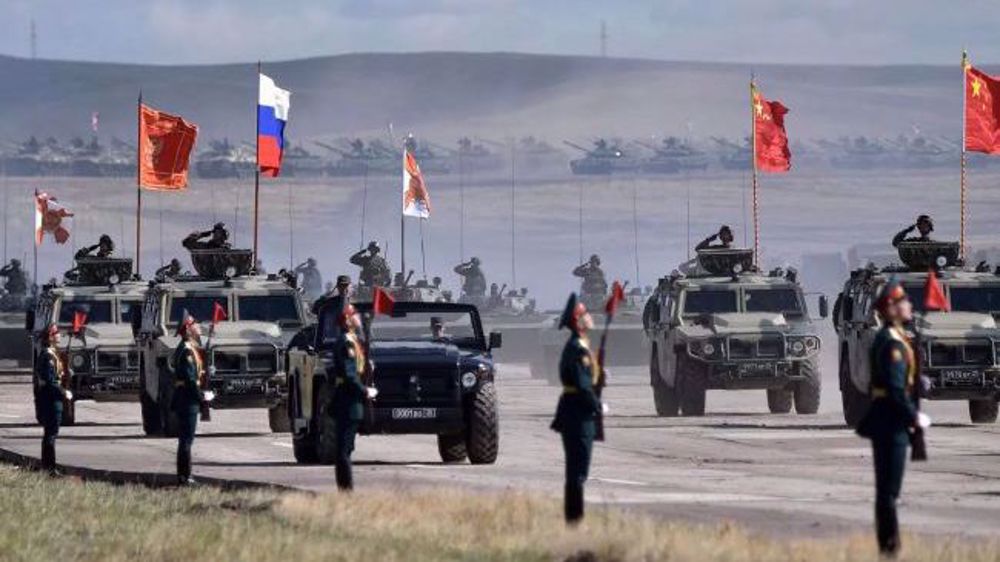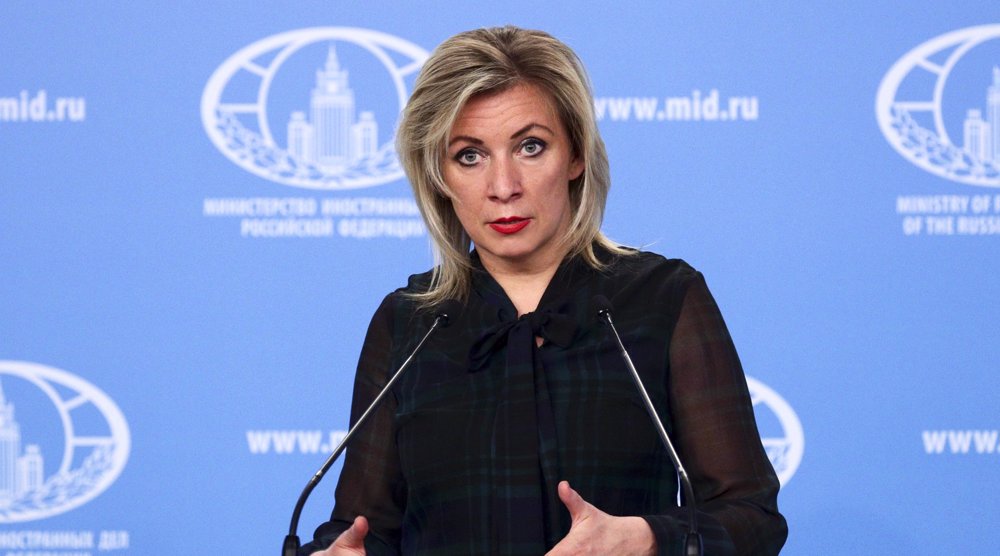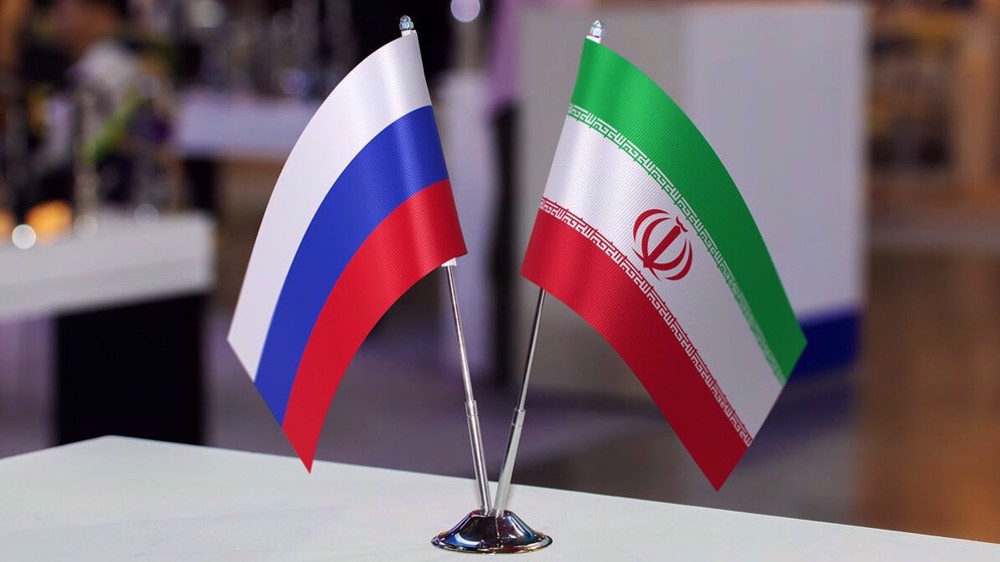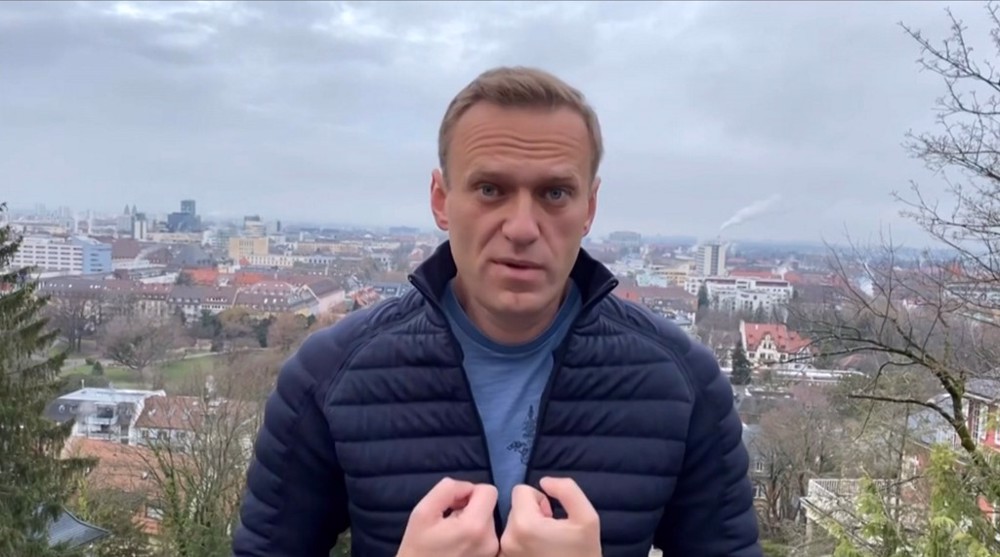Russia warns US against encouraging protests by Western-backed blogger
Moscow has warned the US embassy against encouraging unauthorized rallies in support of Western-backed blogger Alexi Navalny, saying the move will be regarded as “gross interference” in the country’s internal affairs.
The Russian Foreign Ministry raised the alarm on its Telegram channel on Friday after the American embassy called on US nationals to avoid unsanctioned demonstrations in Navalny's support due to likely substantial police presence.
The US diplomatic mission also listed in detail the place and timing of the demonstrations in various cities across the country.
"All that coincides with Washington’s provocative doctrinal guidelines to encourage ‘protests in the countries with unwanted governments’, any attempts of this ‘coverage’ of unauthorized rallies will be regarded as gross interference in our country’s domestic affairs and will lead to a corresponding response,” the Russian Foreign Ministry said.
The ministry also underlined that the information, posted on the US embassy’s site, on the time and venues for the unsanctioned rallies goes beyond concern for US nationals in Russia.
Moscow has already called “illegal” the planned protests over Navalny’s detention.
Russian police detained Navalny on arrival at Moscow’s Sheremetyevo Airport from Germany last weekend, five months after he was transferred to a hospital in Berlin to be treated for what the West alleged had been a nerve agent attack by Moscow.
Western governments have nevertheless been attacking Russia with accusations that it poisoned Navalny, saying Moscow must help investigate the case or face consequences.
Russia denied the allegation, describing it as a provocation of Western intelligence services aimed at justifying more sanctions against Russia.
Germany has rejected a request by Russian prosecutors to provide Navalny's medical records for a comparative study of his condition.
Navalny, who was arrested for violating the terms of a suspended sentence he initially received in 2014, is set to remain behind bars until mid-February, awaiting trial.
Last October, EU foreign ministers agreed to support a French-German proposal to slap sanctions on several Russian military intelligence officials over Navalny’s case.
Russia, in response, announced retaliatory sanctions against a number of European officials over their “confrontational” actions.

China warns Ukraine over 'irresponsible' claim of Chinese soldiers in war

World growing tired of endless threats against Iran: Russia

Russia’s State Duma approves 20-year strategic partnership treaty with Iran
Next round of negotiations between Iran and US will take place in Europe: Deputy FM
US airstrikes on Yemeni factory kill 6 civilians
Yemeni armed forces shoot down 19th American drone
Israeli settler attacks, displacements increase in the occupied West Bank: OCHA
Protesters gather in Times Square demanding release of Mahmoud Khalil
Yale's decision to terminate Dr. Helyeh Doutaghi aimed to silence anti-genocide voices: Activists
Iran’s aluminum output down by nearly 5% in year to March
Missiles fired from Yemen triggers sirens in Israeli-occupied territories, closes airport

















 This makes it easy to access the Press TV website
This makes it easy to access the Press TV website